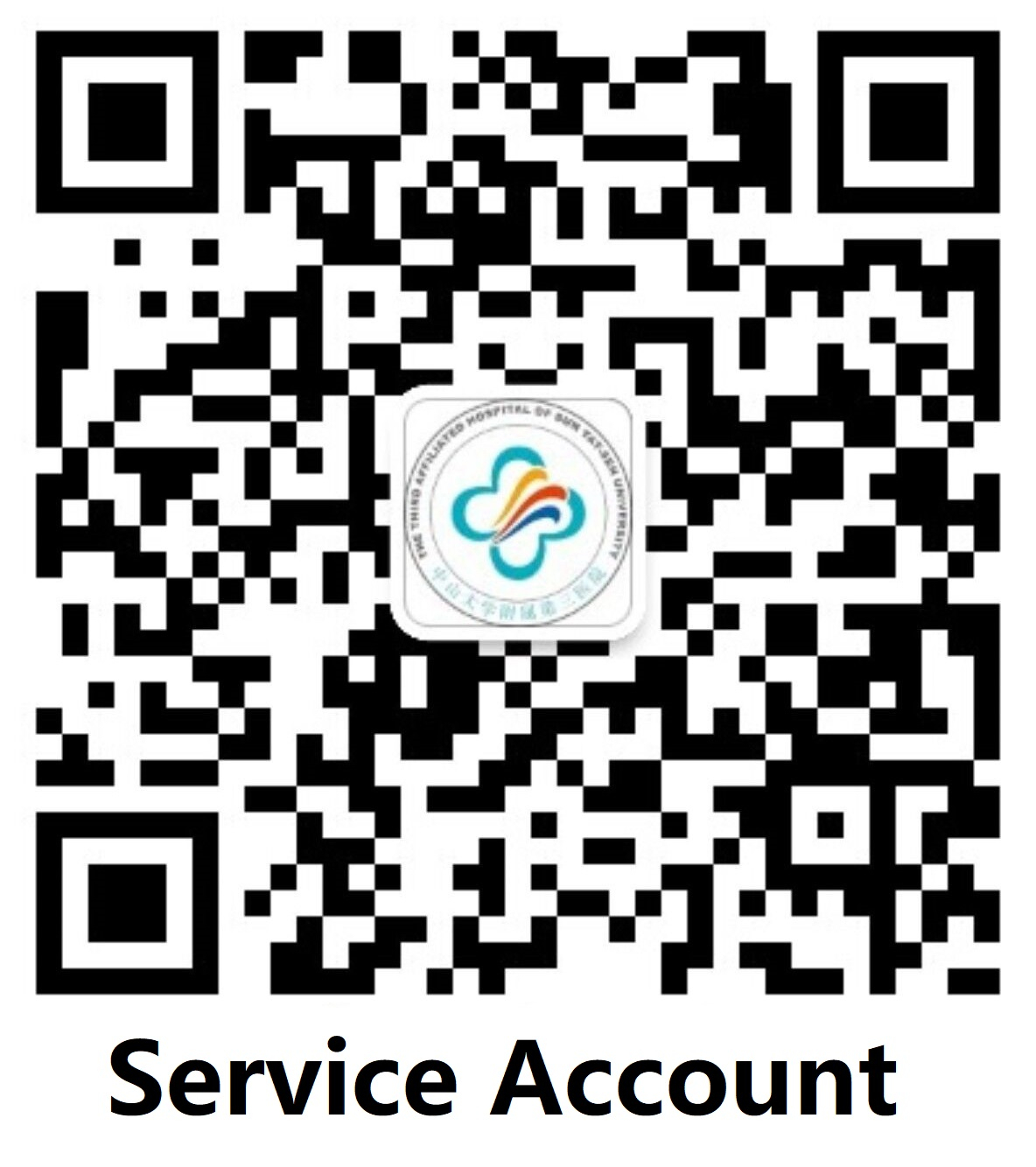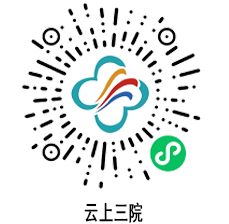Key figure
-Location: 7th Floor, No.3 Building
- 54 Staff: 16 physicians, 33 nurses and 5 technicians
Introduction to the department of blood transfusion
The hematology department was first established as the Institute of Hematology of Sun yat-sen University of Medical Sciences (SUMS) in 1980s. It’s now the “Clinical Key Specialty” in Guangdong province and providing both master and Ph.D programs.
The department has 2 inpatient wards with a total of 64 beds (including four 100-level laminar flow beds), one hematology laboratory mainly for studying cell morphology and conducting cytogenetic analysis, hemolysis test, special tests of anemia and so on. Professor Liu Qiang, the founder of the department, is a chief scientist of national “973”project, the winner of the National Science Fund for Distinguished Young Scholars, a distinguished Professor of China Medical Board (CMB), and a national scientist of the "National Hundred, Thousand and Ten Thousand Talent Project " (a program aimed at selecting and training the very best talents from all scientific fields).
The department established a professional team with multidisciplinary academic background for clinical practice, teaching and scientific research. The team consists of 23 physicians and researchers (all with graduate or above degree). Among them, 5 have senior title, 5 have senior deputy title, 6 have intermediate titles, and 4 have junior title. Among the 34 nurses, 4 of them have intermediate title, and the rest 30 all have junior title.
High-level and Advanced Clinical Technologies for Medical Treatments
-Hematopoietic stem cell transplantation (HSCT)
HSCT includes auto peripheral blood stem cell transplantation (AutoPBSCT), allogeneic peripheral blood stem cell transplantation (AlloPBSCT) and cord blood stem cell transplantation (CBSCT). Patient can receive transplantation of peripheral blood stem cell from both related and unrelated donor. Meanwhile, we provide haploidentical transplantation (Haplo-HSCT). In March 2007, we passed the assessment conducted by Guangdong Health Department and obtained the qualification for AlloPBSCT, we are one of the few hospitals that has the capacity to provide AlloPBSCT for patients.
HSCT is the main treatment for leukemia, lymphoma, multiple myeloma, myelodysplastic syndrome (MDS), primary myelofibrosis, aplastic anemia, thalassemia, etc. It could also be used as an optional treatment for multiple sclerosis and systemic lupus erythematosus (SLE).
We develop rapidly in SCT field since 2009. So far, we have accomplished more than 150 HSCT, including 34 AutoPBSCT, 14 Haplo-HSCT, 24 AlloPBSCT and 16 CBSCT. The transplant success rate is higher than 80%.
-Treatments for hematological malignancies yield good clinical effect.
We provide top-ranking acute promyelocytic leukemia (APL) treatment in China. In recent years, we design a combined sequential therapy including weeks arsenious acid therapy, all-transretinoic acid and chemical therapy. 23 APL patients went through this combined therapy and all achieved complete remission (CR). That means currently our CR rate is 100%, compared to the average 80-90% reported by the other hospital in China. We also use these combined sequential therapy as the post-CR treatment. As a result, our one-year disease-free survival (DFS) rate increased to 94.1%, 2 years DFS rate increased to 93.3% and 3 years increased to 84.6%.
Our study result of the combined sequential therapy including weeks arsenious acid therapy, all-transretinoic acid and chemical therapy used in APL patients was reported in many lectures during the 9th Chinese Medical Association (CMA) Hematology Academic Conference. The result has raised great interest from the audience.
Our treatments for other acute leukemia also show a good curative effect. Our CR rate is 70.4% for newly diagnosed acute myeloma leukemia (non-APL), and is 85.7% for acute lymphocytic leukemia. This yields a very satisfied clinical effect compared to our peers in China.
-Other treatments
Malignant lymphoma management
Multiple myeloma (we treat MM patients with biotherapy, targeted therapy, routine chemotherapy and HSCT, and gained satisfactory effects)
Scientific research
Our research covers both basic and translational research in the fields of leukemia and mainly focuses on the leukemia gene targeted therapy. After searching for the genes/proteins that play important roles in the development of leukemia, we have found the approaches to target those genes/proteins. The study has collaborated with researchers from University of Colorado, Imperial College School of Medicine, and University of British Columbia. We have published the study result in the SCI-indexed journals, such as Autophagy, Mol Cancer Res and Cell Cycle. In recent years, our department has obtained more than 6,000,000 grants in total, including the National Natural Science Foundation of China, the National High Technology Research and Development Program of China (863 Program).






